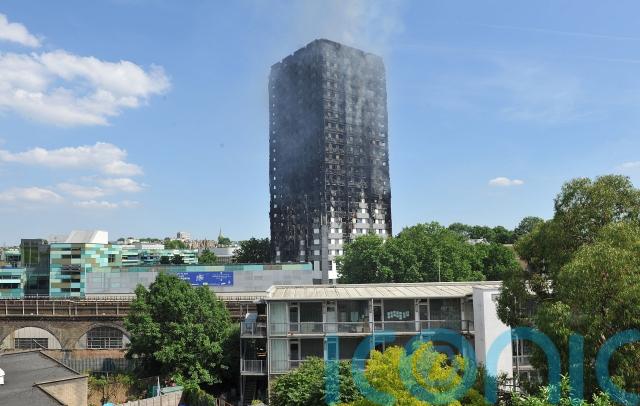
The Scottish Government is to ban builders from using combustible cladding on high-rise buildings in the wake of the Grenfell Tower blaze.
Ministers have laid legislation in Holyrood which will ban the use of such materials on buildings with a floor that is 11 metres (36ft) or more above the ground.
Building standards minister Patrick Harvie said the move, combined with recent legislation on fire alarms, would help reduce the number of people killed or injured in fires.
The new legislation will cover flats and other domestic properties, hospitals, care home buildings, entertainment and leisure venues and buildings which are “used as a place of assembly”.

The changes come in the wake of the Grenfell Tower blaze in London in 2017 in which more than 70 people died after fire spread rapidly due to the cladding that had been installed on the outside of the high-rise flats.
Since 2005, cladding used on high-rise blocks in Scotland had to feature non-combustible materials or pass a large-scale fire test.
But the new building standards legislation removes the option of a fire test, completely prohibiting such materials in buildings with floors above 11 metres.
In addition to this the highest risk metal composite cladding material will be banned from any new building of any height, with replacement cladding being required to meet the new standards.
Mr Harvie said: “This is the third set of changes made to fire safety standards for cladding in Scotland since the tragic Grenfell Tower Fire, requiring any cladding on domestic or other high-risk buildings above 11 metres to be strictly non-combustible.
“Taken together with our new fire alarms regulations, covering all homes in Scotland regardless of ownership, this is yet another step on the Scottish Government’s mission to minimise the risk of deaths and injuries from fire.”
The legislation will also make improvements to energy performance standards, aiming to make buildings easier to heat while ensuring they are well ventilated and comfortable to live in.
Mr Harvie stated: “The energy improvements will deliver another important step toward improved energy and emission performance of our buildings, and we’ll be going further on this in 2024 with regulations requiring new buildings to use zero-emissions heating systems.”
Subscribe or register today to discover more from DonegalLive.ie
Buy the e-paper of the Donegal Democrat, Donegal People's Press, Donegal Post and Inish Times here for instant access to Donegal's premier news titles.
Keep up with the latest news from Donegal with our daily newsletter featuring the most important stories of the day delivered to your inbox every evening at 5pm.